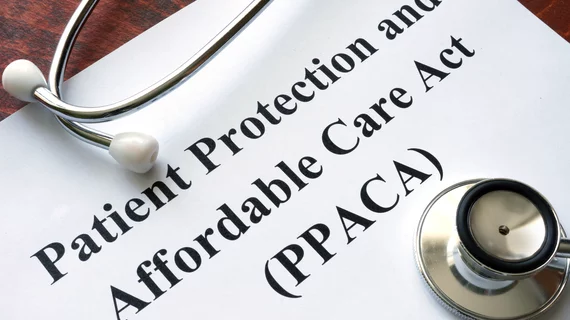Affordable Care Act Marketplace enrollment jumps 18% over last year
The Department of Health and Human Services recently announced that there has been an 18% increase in Affordable Care Act health insurance enrollment over last year’s numbers, in a major victory for the Biden administration’s efforts to expand access to health insurance.
As of December 15—the Affordable Care Act’s sign-up deadline to receive coverage beginning on January 1, 2023— nearly 11.5 million people had already selected a health care plan through the ACA Health Insurance Marketplace, according to HHS.
Why the increase? HHS Secretary Xavier Becerra cited increasing affordability, robust competition, and historic outreach efforts as some of the reasons behind the increase, while crediting the Inflation Reduction Act has helped advance efforts on several of these fronts.
“Thanks to the Inflation Reduction Act, four out of five customers will be able to find a plan for $10 or less. As we head into the new year, there is no greater gift than the peace of mind that comes with having high-quality, affordable health care,” he said.
Health care impacts brought on by the Inflation Reduction Act include an extension of ACA subsidies, along with other benefits including capping pharmacy costs for Medicare Part D patients to $2,000 and capping insulin costs at $35 per month for all Medicare beneficiaries.
Overall, the uninsured rate in the U.S. dropped from 10.9% in 2019 to 10.2% in 2021, according to the Kaiser Family Foundation. Numbers for 2020 were not released due to pandemic-related interruptions, and numbers for 2022 are not yet available.
People looking to enroll in the Affordable Care Act Marketplace can still sign up until January 15, but coverage will not start until February for those who enroll in January.
